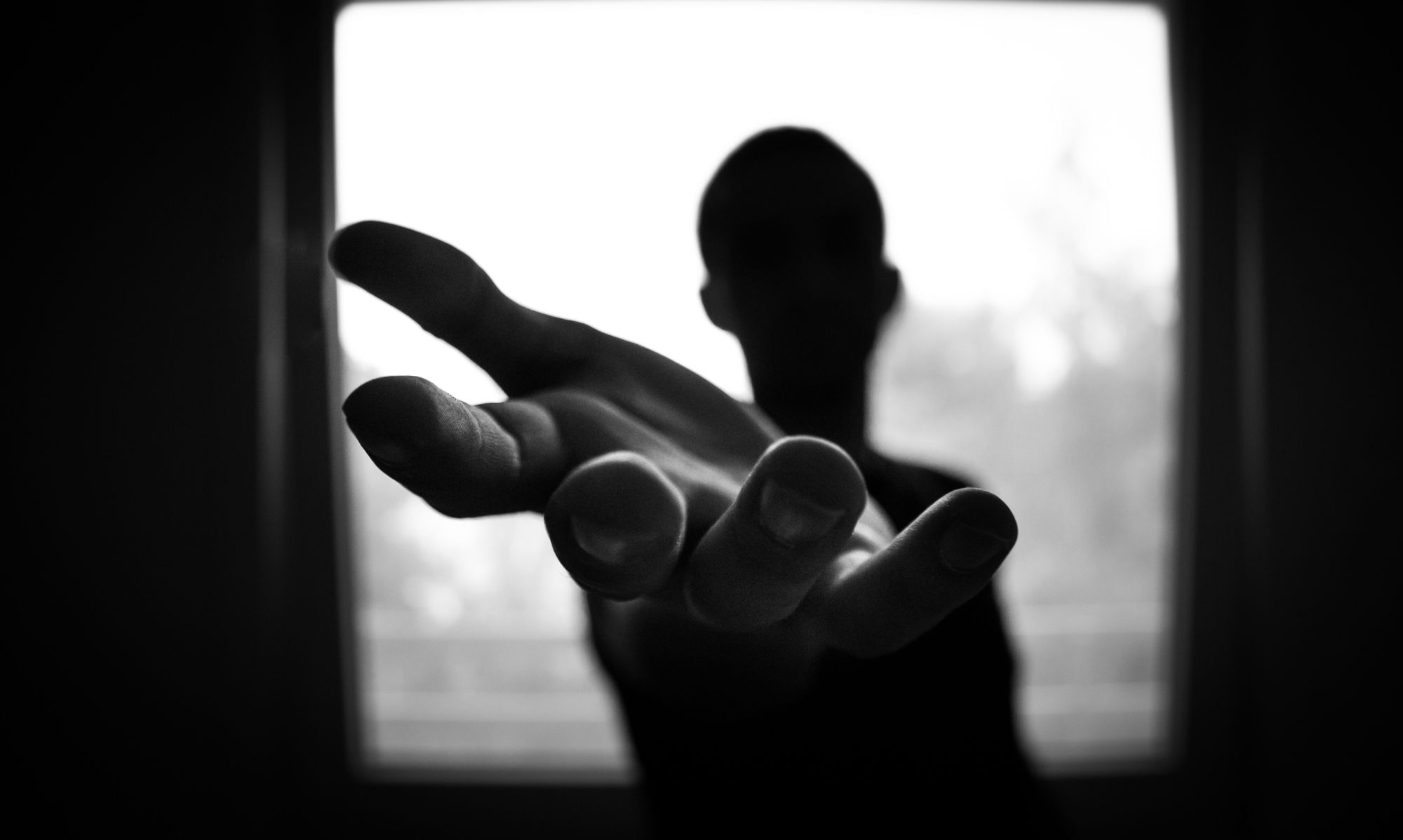Mental health issues have been a major concern for Black communities for many generations. Historically, mental illness has been stigmatized within the African American community and still today, there are barriers to accessing care for this population. Black Americans often experience a range of disparities in mental health services due to inadequate access to healthcare, poverty, racial bias from providers, and higher rates of trauma. Additionally, Black people are more likely to experience mental health challenges like depression, anxiety, and post-traumatic stress disorder (PTSD) due to racism-related stressors like discrimination and microaggressions.
According to SAMHSA’s 2018 National Survey on Drug Use and Health:
- 16% (4.8 million) of Black and African American people reported having a mental illness, and 22.4% of those (1.1 million people) reported a serious mental illness.
- Serious mental illness (SMI) rose among all ages of Black and African American people between 2008 and 2018.
- Despite rates being less than the overall U.S. population, major depressive episodes increased from 9% to 10.3% in Black and African American youth ages 12 to 17, 6.1% to 9.4% in young adults 18 to 25 and 5.7% to 6.3% in the 26 to 49 age range between 2015 and 2018.
- Suicidal thoughts, plans and attempts are also rising among Black and African American young adults.
- Binge drinking, smoking (cigarettes and marijuana), illicit drug use and prescription pain reliever misuse are more frequent among Black and African American adults with mental illnesses.
In order to address the unique needs of Black Americans with mental health issues, there is a need for culturally appropriate interventions that are tailored to this population’s values and experiences. This includes providing access to clinicians who can listen deeply and understand how racial identity plays into aspects of mental health. It also means making sure that treatment plans take into account the cultural context in which these individuals live. Finally, it’s important to provide support systems within communities that foster healing and connection among individuals.
The future of mental health in Black communities is dependent on our willingness to invest in culturally competent approaches that reduce disparities and improve access to high quality services. By listening deeply, understanding the unique needs of this population, investing in appropriate interventions, and working together to reduce stigma while increasing access to specifically tailored services, we can create brighter futures for generations to come.
"While we are free to choose our actions, we are not free to choose the consequences of those actions.” - Dr. Maya Angelou
The consequences of failing to address mental health issues among Black Americans can be far-reaching, so it is important that we take action now. It is our collective responsibility to ensure that all members of our community have access to the care they need and deserve.

